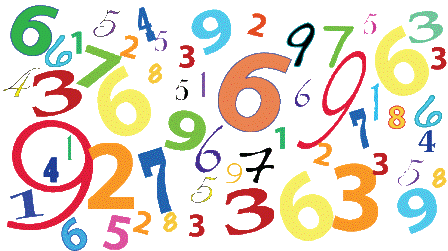|
Dedicated to Alan Ray Niquette 1943-2014 Copyright ©2014 by Paul Niquette. All rights reserved. |
||||||||||||||||||||||||||||||||||||||||||||||||||||||||||||||||||||||||||||||||||||||||||||||||||||||||||||||||
Nota bene, in the Next Number puzzle, solvers were given a simple question...
t goes without say -- oh well,
let's say it anyway -- every solution of
such a puzzle requires a method, often an algorithm.
Every such algorithm must take into consideration all
of the given integers. OEIS does not
restrict the algorithm to use only the given
integers. Indeed, in postulating an algorithm,
one is free to use other numerical sources.
For example, the index of each given number in the series (i) frequently appears in a solution. Each number n(i) in the series can be represented, say, as a function of i or as a function of some previous number n(i-k). Indeed, all kinds of numbers can be brought to the party and invoked by an algorithm, like prime numbers, binomial expansions, factorials, Fibonacci numbers, whatever. At the extreme, one finds that this series: 2, 15, 1001, 215441 ... is the "product of the next i prime numbers." Ugh.Nota bene, the Next Number puzzle did not indulge in such liberties. The solution used only the given integers with no regard for how those integers were formed. The given integers were manipulated only arithmetically, using a deterministic algorithm which is herein named Differationale. Excuse my French, but the word differationale is an anglicized portmanteau, combining différence, an arithmetic term, and raisonnement a reasoning term.As an algorithm, differationale will be found to have immense power. It provides a solution to any next-number puzzle throughout the known universe and in perpetuity. The expression "throughout the known universe and in perpetuity" may appear a bit extravagant. However, as we shall see, the claim is fully justified by the word puzzle.
|

